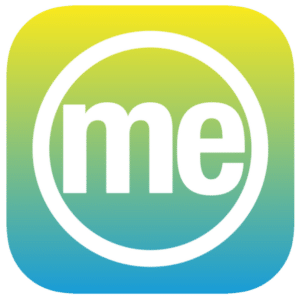No, and that can be really frustrating. Family members encourage the person to get help and support. At the same time family members need to make sure they take care of their own emotional health, too.
We used to believe that people with the disease of addiction had to “hit rock bottom” before they could get help. But think about it—when someone has cancer, we don’t wait until it reaches Stage IV to treat them. We get them help as soon as possible. The same should be true for alcohol use disorders.
Family and friends can support a loved one by encouraging them to seek treatment. They can also reach out to an interventionist; a trained professional who helps families guide their loved ones toward treatment for substance use disorders. Early intervention can make all the difference in recovery.

